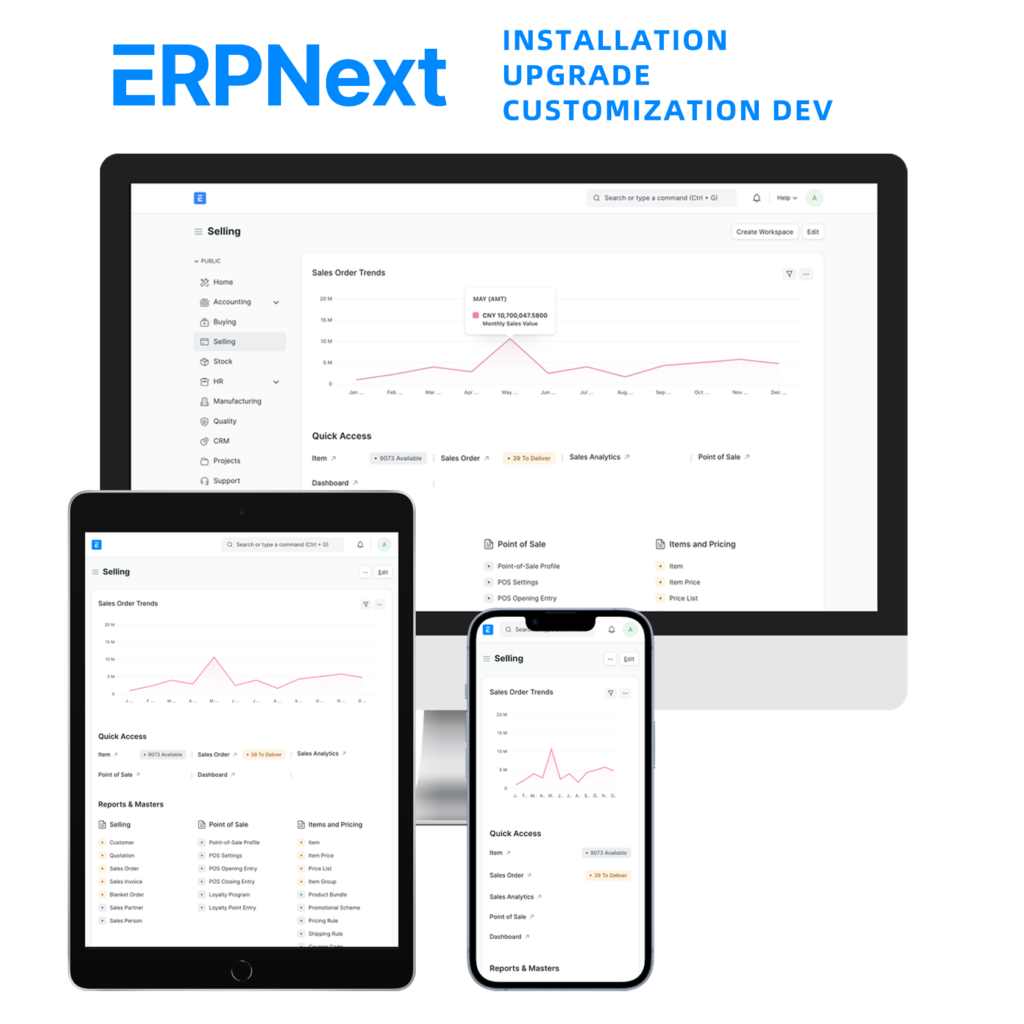
1. BOM vs. MRP: What’s the Difference?
BOM (Bill of Materials) — “What It Is”
- A BOM is like the ingredient list of a product. It shows all the raw materials, parts, subassemblies, and their quantities needed to make the final product.
- It’s usually structured in levels: the finished product is Level 0, components are Level 1, subcomponents are Level 2, and so on.
- Types of BOMs include:
- Engineering BOM (EBOM): used in the design stage to describe the design structure.
- Manufacturing BOM (MBOM): used in production, including tooling, packaging, and process information.
In short, a BOM is like a recipe—it tells you what’s inside the product. It’s the foundation for cost calculation and production preparation.
MRP (Material Requirements Planning) — “How and When”
- MRP is a calculation and planning tool. Based on the BOM, inventory, and production schedule, it determines what materials are needed, in what quantities, and when.
- MRP ensures that:
- Required materials arrive on time;
- Inventory doesn’t pile up unnecessarily;
- Production is completed on schedule.
- It analyzes demand (from sales orders or forecasts) and, using BOM dependencies, generates net requirements, then creates purchase and production plans.
2. Why Do People Confuse BOM and MRP?
There’s a popular saying:
“In one sentence: MRP tells you how to do it and when to do it.”
Many companies confuse the two:
- Some treat BOM as MRP—only looking at the ingredient list without considering timing.
- Some treat MRP as BOM—only focusing on plans without knowing the actual product structure.
3. Simple Case: Making a Pizza
BOM = Ingredient List (“What I Need”)
To make one pizza, you need:
- Dough: 1 piece
- Tomato sauce: 100g
- Cheese: 150g
- Toppings: 50g
This is the BOM—the recipe of the pizza.
MRP = Action Plan (“How Much, When to Buy/Make”)
Now suppose you have an order for 10 pizzas:
- Current stock: 6 doughs, 500g tomato sauce, 1kg cheese.
- You only need to prepare: 4 more doughs. Sauce and cheese are sufficient.
- MRP will tell you: buy flour for 4 doughs and plan to bake pizzas on Monday to deliver on time.
So: BOM defines the structure, MRP drives the flow and timing.
4. Quick Comparison Table
| Aspect | BOM (Bill of Materials) | MRP (Material Requirements Planning) |
| Essence | Defines what it is | Decides how and when to do it |
| Purpose | Provides structure, components, quantities | Calculates requirements, schedules execution |
| Focus | Raw materials, components, product hierarchy | Inventory, lead time, production schedule |
| Example | Pizza needs dough, sauce, cheese… | Order 10 pizzas → buy 4 doughs, bake Monday |
5. Conclusion
BOM is the foundation—it tells you what’s inside. MRP is the execution tool—it tells you how and when to act.
Understanding the difference helps businesses run production with clarity, efficiency, and cost control.
And next time, just remember the pizza:
- BOM = recipe,
- MRP = cooking schedule.
You’ll never confuse them again!